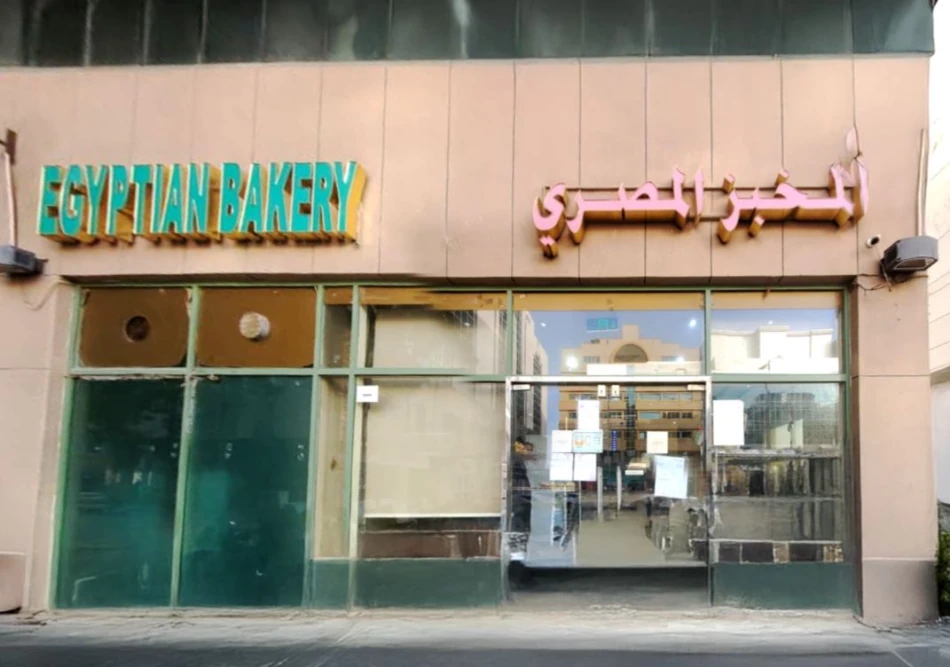
Abu Dhabi Shuts Down "Egyptian Bakery" Over Food Safety Concerns
Abu Dhabi Shuts Down Egyptian Bakery in Food Safety Crackdown
The Abu Dhabi Agriculture and Food Safety Authority has ordered the immediate closure of "Al-Makhbaz Al-Masri" (The Egyptian Bakery) following repeated food safety violations that posed public health risks. The administrative shutdown reflects the emirate's increasingly stringent approach to food safety enforcement as it positions itself as a regional hub for quality dining and tourism.
Repeated Violations Trigger Enforcement Action
The bakery, operating under commercial license 1852988 CN-, violated Abu Dhabi's Food Law No. 2 of 2008 and related regulations multiple times without implementing effective corrective measures. Food safety inspectors determined that the establishment's continued non-compliance warranted immediate intervention to protect consumer health.
The closure order will remain in effect until the bakery fully addresses all violations and demonstrates complete compliance with food safety requirements. Only after meeting these standards will the establishment be permitted to resume operations.
Part of Broader Food Safety Strategy
Systematic Inspection Program
This enforcement action forms part of Abu Dhabi's comprehensive food safety enhancement plan, which subjects all food establishments to regular inspections. The proactive approach aims to identify and address violations before they can harm consumers, rather than responding reactively to food safety incidents.
Economic Implications for Food Sector
The aggressive enforcement strategy sends a clear signal to Abu Dhabi's food and hospitality industry that regulatory compliance is non-negotiable. This approach mirrors similar crackdowns in Singapore and other developed markets where food safety violations can result in immediate business shutdowns and significant financial losses.
For restaurant operators and food businesses in the emirate, the message is unambiguous: invest in proper food safety systems or risk losing operating licenses. This creates both challenges and opportunities—while compliance costs may increase, establishments that maintain high standards gain competitive advantages in a market increasingly focused on quality and safety.
Consumer Engagement and Reporting
The authority has encouraged public participation in food safety monitoring by establishing a dedicated hotline (800555) for reporting suspected violations. This crowdsourced approach to food safety monitoring represents a shift toward community-based surveillance that supplements official inspection programs.
The strategy reflects broader trends in regulatory enforcement where authorities leverage public reporting to extend their oversight capabilities beyond traditional inspection schedules. Similar programs in other jurisdictions have proven effective in identifying violations that might otherwise go undetected between official inspections.
Regional Context and Standards
Abu Dhabi's assertive food safety enforcement aligns with the UAE's broader strategy to establish itself as a premium destination for international visitors and residents. The emirate competes directly with Dubai, Singapore, and other regional hubs where food safety standards significantly impact tourism and business confidence.
The closure of established businesses like bakeries—which often serve local communities—demonstrates that enforcement applies equally across all food service categories, from high-end restaurants to neighborhood establishments. This comprehensive approach helps build systematic compliance rather than selective enforcement that might create regulatory gaps.
Most Viewed News

 Sara Khaled
Sara Khaled






